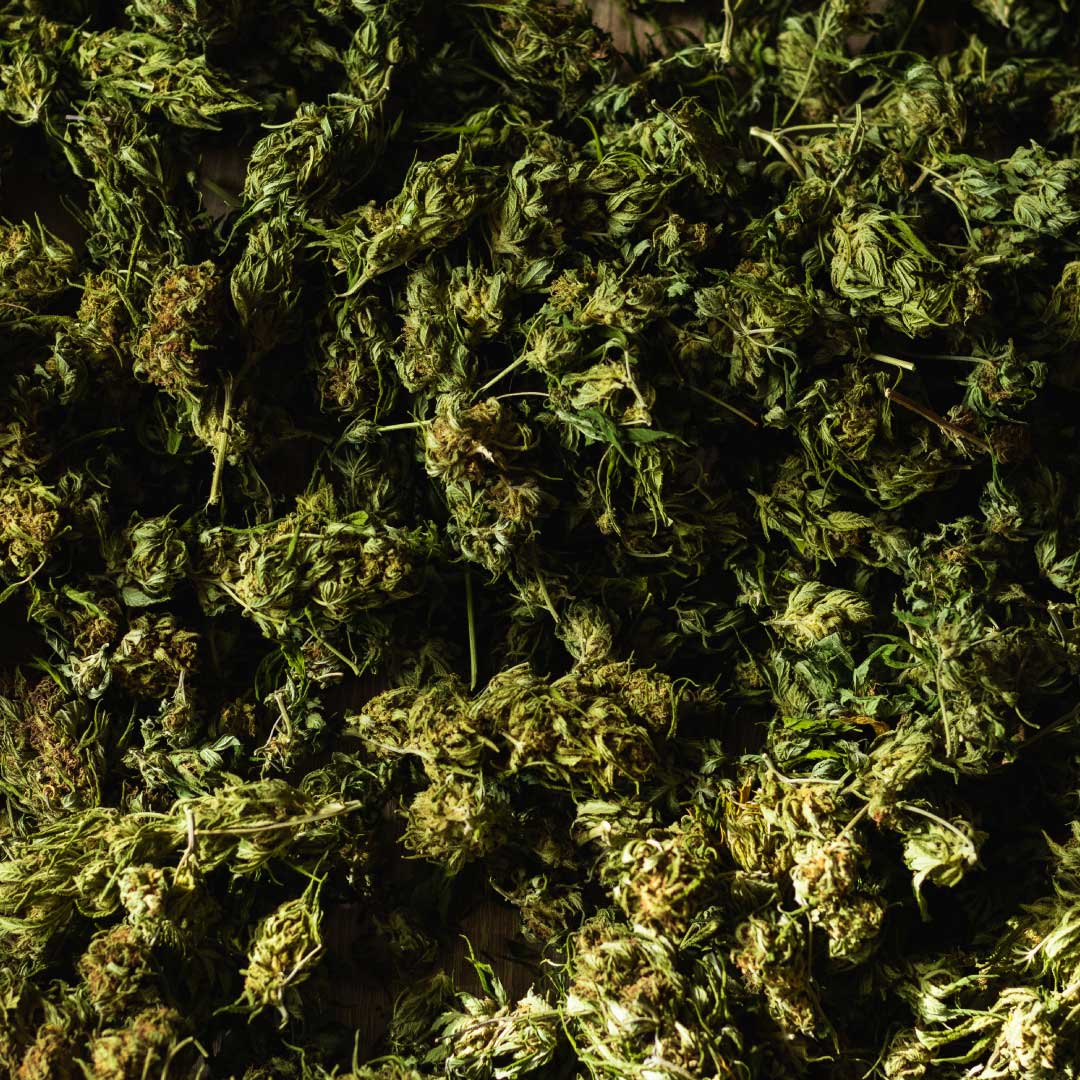News
Upcoming & Recent Events
CA DCC Research Grant Awarded to UC Berkeley in 2026

1. Cannabis Crop Yields: Survey and Remote Sensing
Summary: This project will estimate cannabis crop yield variability across indoor, outdoor, and mixed-light cultivation systems. The resulting models will improve crop-production estimates and inform regulatory oversight and market forecasting for California’s legal cannabis sector.

2. Assessing the Environmental Benefits of Cannabis Licensure
Summary: This study compares licensed and unlicensed cultivation sites to quantify improvements in water, habitat, and pesticide management following licensure.

3. Agricultural Exceptionalism: A Comparison of Cannabis, Hemp, and Specialty Crop Regulatory Regimes
Summary: This project analyzes how cannabis and hemp regulations diverge from those governing conventional agriculture, shaping labor, land use, and environmental compliance. The findings will help harmonize agricultural policy and environmental regulation across crop types.
Undergraduate Research Opportunities for UC Berkeley Students
Be one of our URAP or SPUR research assistants!
Every semester we look forward to undergraduate student applications to join our cannabis research projects. Research assistants support with a variety of research, data, and science communication tasks. For the Spring 2026 semester, we anticipate to be recruiting for research assistants across several research projects.
Find more details application timelines on the URAP or SPUR websites.
Project opportunities:
Cannabis in Consolidation? Investment, Operating Pressures, and Anti-Competitive Characteristics in the Cannabis Industry (URAP)
Hmong Agrarian Diasporas (SPUR)
Missed our Research Conversations Series?
Watch what CA cannabis and policy experts have to share.
Grants awarded to UC Berkeley in 2023 from our state’s cannabis regulatory body, the Department of Cannabis Control (DCC)

1. Understanding Investment, Operating Pressures, and Anti-Competitive Characteristics in the Cannabis Industry.
Summary: This project will examine whether and to what degree monopolistic and anti-competitive tendencies are emerging in the cannabis industry, the overall patterns of investment and ownership that threaten the competitive landscape of the California cannabis economy, the protective factors that enable small and equity businesses to withstand predatory behaviors, and the current and potential policies that are effective in preventing anti-competitive behaviors.

2. Licensed and Unlicensed Cultivation Across Banned and Permitted Jurisdictions.
Summary: This study will provide the first empirical assessments of unlicensed production amounts and geography over time; identify what policies are correlated with growth or diminution of unlicensed cultivation; estimate total unlicensed market product, including leakage from the licensed to unlicensed market; and test whether cultivation bans or permits are more effective at preventing unlicensed cultivation and environmental harms.

3. Hmong diasporas and cannabis: medicinal use, criminal justice consequences, and farm structure across licensed and unlicensed geographies.
Summary: Hmong farmers have become central in debates about cannabis cultivation and medical cannabis access in California. This community engaged research builds on 6+ years of relationship and trust building with Hmong farmers who grow crops that include cannabis. The research will explore four themes: 1) Hmong medicinal cannabis uses, cultivation practices, and traditional ethnobotanical and medicinal plant histories; 2) Hmong farmer migrations and diasporas; 3) Hmong interactions with criminal justice systems, particularly environmentally based law enforcement; and 4) capital and labor dynamics on Hmong cannabis farms. Research will be primarily ethnographic and participatory, using methods such as in-depth interviews and photovoice. In addition to both ban and permit localities in California, we will conduct research activities in other regions to query Hmong diasporas and agrarian migrations, such as Minnesota, Oklahoma, and North Carolina.

